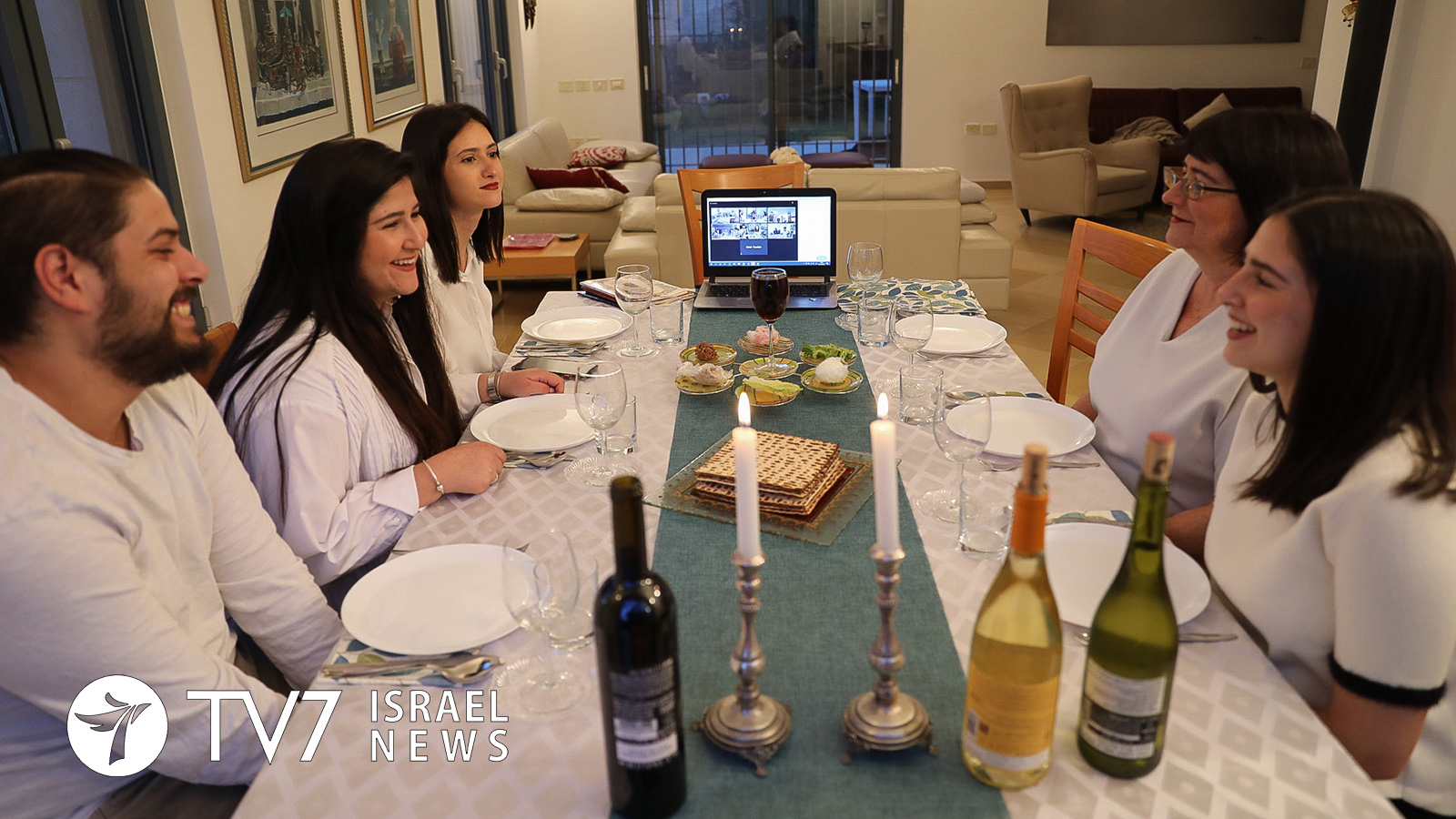Jews around the world are now making last-minute arrangements for Passover, which begins at sundown tomorrow evening at the conclusion of the Sabbath.
Passover marks the first major holiday that Israelis can come together without major coronavirus restrictions since the outbreak of the pandemic, heralding a hopeful sign of near normalcy after the past year.
Both doses of the Pfizer/BioNTech COVID-19 vaccine have been administered to 50.07% of Israel’s overall population, equivalent to 72.5% of eligible residents over the age of 16. 55.96% of the overall population have received the first inoculation in the world-beating “Back to Life” vaccination campaign that has helped the country emerge from pandemic closures.
There has also been an 85% drop in daily coronavirus deaths, a 72% decrease in the critically ill and 86% fewer daily cases since the pandemic’s third peak in mid-January, according to data scientist Eran Segal of Israel’s Weizmann Institute of Science.
Last year, a full nationwide curfew that restricted Israelis from being more than 100 meters from their homes meant that many families were divided for Passover. Others held their celebrations via Zoom or other social media platforms.
The week-long Biblical festival commemorates God’s liberation of the Jewish People from slavery in ancient Egypt as depicted in the Book of Exodus. According to biblical scholars, the event occurred about 1,300 BC.
Pesach, as the spring holiday is called in Hebrew, is celebrated by at least one Seder that is typically led by a family patriarch or matriarch. Families and honored guests gather to recount the passage to freedom as written in books called the Haggadah, which closes with the prayer of marking the holiday “next year in Jerusalem” denoting the longing of the Jewish People for their homeland Israel.
Those gathered then participate in a feast featuring symbolic food. Offerings center around unleavened crackers known as matzah, since the Hebrews fled the land of Pharaoh before bread for the journey had time to rise. Other offerings include bitter herbs representing the hardship of the enslaved people dipped in salt water reflective of shed tears, and whole boiled eggs serving as reminders of the Hebrews’ unity.
In the United States, President Joe Biden and First Lady Jill Biden issued Passover greetings to the Jewish People in a pre-recorded address, while Second Gentleman Douglas Emhoff hosted the first-ever virtual Passover ceremony at the White House.
Emhoff, who is Jewish, attended the event with his wife, Vice President Kamala Harris.
“As we continue working to defeat this pandemic, we continue to confront discrimination and prejudice, as we seek to rebuild from a time of struggle and loss, we need the inspiration of Passover now, more than ever,” said President Biden.
First Lady Jill Biden said, “Passover, at its heart, is a story of overcoming adversity and finding hope. Of summoning the resilience and resolve to emerge from a long dark night to a brighter morning. It’s a story of empathy and how our own rights are bound up with the rights of our neighbors, and it’s a story of faith, that even in the face of oppression, better days lie ahead.” She then added, “If we learn anything from the Haggadah, it’s that our task isn’t to discard painful memories. It’s to turn that pain into purpose.”
The US President underscored, “As we work to vaccinate the nation, bring our economy back from the brink, let’s hold that lesson close to our hearts, and we can close the Seder by adapting a familiar refrain: Not only next year in Jerusalem, but next year in person. Next year together.”
